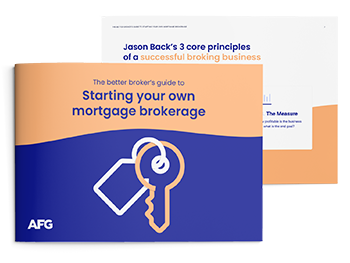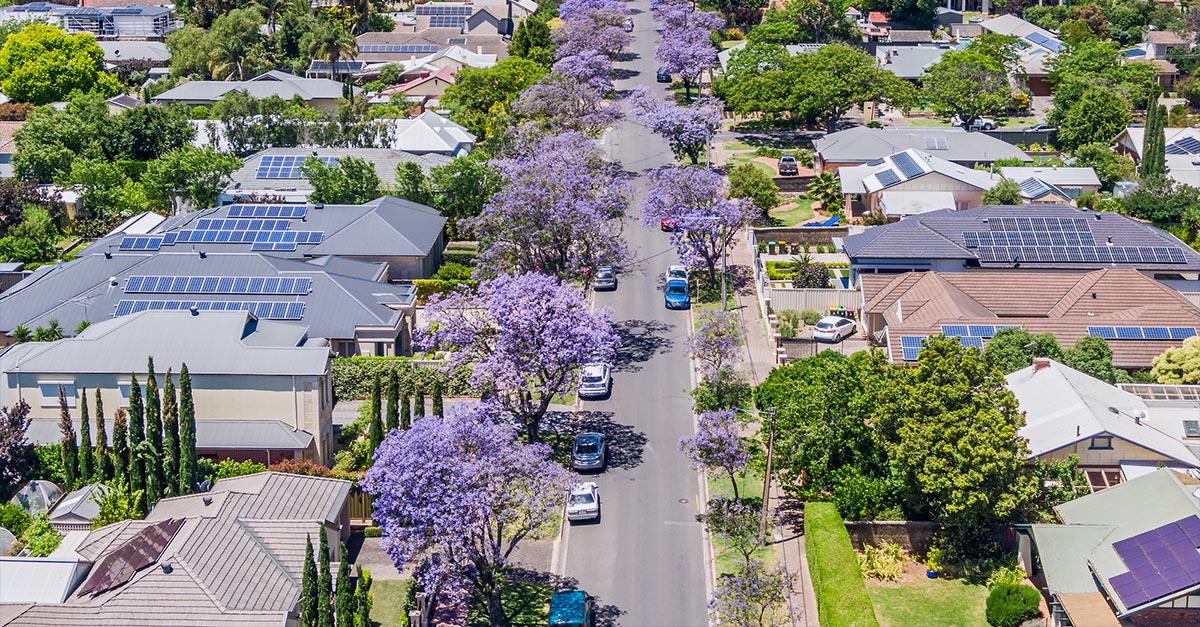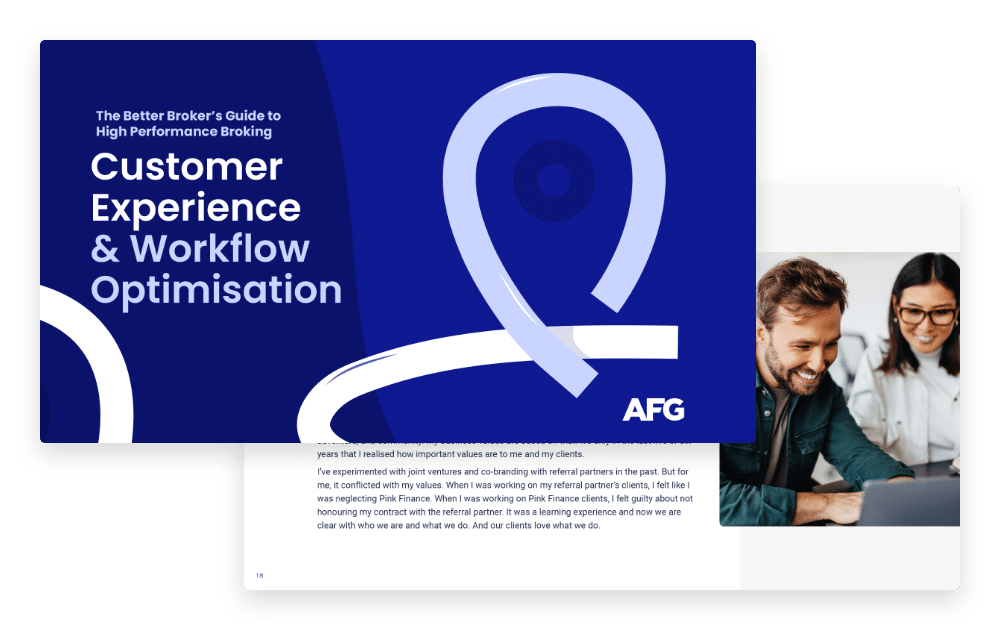Despite regulatory attempts to cool their heels, property investors still account for nearly one in three1 residential loans. Even first-time home buyers, who may not be able to own where they want to live, are dipping their toe in the investment market.
With many Australians still eyeing property as part of their wealth and retirement strategy, it’s more important than ever to make a wise investment.
Vacancy rates
Capital growth is important but so too is cash flow. Do your homework on vacancy rates and rental returns in your target market. An empty property won’t repay your loan. A vacancy rate of two – three per cent2 is desirable. A higher vacancy rate may not signal a poor investment – just as a low vacancy rate is no guarantee – but it does mean being prepared to cover any rent gaps if the property sits empty. It also pays to be wary of building booms. A surge in development doesn’t necessarily equal demand, so research the volume of properties in your market, and in the pipeline, against population and jobs growth. Keep tabs on property news websites and real estate research sites for a bunch of useful free stats, including vacancy rates and rental yields.
See for yourself
Reports and recommendations can be helpful but nothing beats first-hand experience when it comes to property. Spend time in the suburbs you’re researching and take note of what’s hot and what’s not. Are the local shops busy? Are the schools in high demand? Are locals out and about in parks and playgrounds? These are each healthy signs of life. Talk to the local newsagent or greengrocer about neighbourhood trends. Are older people moving on and younger people moving in? Remember, it’s not about whether you would like to live there, but rather the suburb or town’s ability to attract and retain others.
Ripple pond
We’ve all heard about the worst house in the best street, but what about the next best or even third-best suburb? Keep an eye on sought-after suburbs and, particularly, those surrounding it. As popularity drives up prices in one postcode, it’s not uncommon for demand to eventually ripple out one or two suburbs further. Use the current hotspots for renters and buyers as pointers to more affordable, emerging locations.
What should you pay?
The adage that a property is only worth what someone is prepared to pay rings true. But what should you pay? An independent property valuation might have the answer. For $300 to $600, a reputable valuer will inspect the property inside and out and make an assessment based on local property data to inform your offer. Just be mindful your lender may still want to get their own valuation, which they could ask you to cover in the cost of the loan.
Pipeline projects
Infrastructure is key when it comes to property. Renters are looking for convenience and connectivity, which means reliable public transport, easy shopping and proximity to jobs. Ask the local council what projects are on the slate to improve access, drive economic growth or regenerate disused zones. You can also check on big-ticket public projects at Infrastructure Australia.
Capital gains vs rental return
Many would argue it should be “and” not “or”. Rent is your cash flow to retain the property, but capital gain is what creates equity and an opportunity to secure other investments. New investors should aim to strike a balance between a sustainable rental return and a steady increase in value over time.
Get your strata straight
If buying an apartment, make sure you know exactly what’s included in the strata title and have it included in the sale contract. Is there, for example, a garage, parking space or storage facilities? Apartments also attract body corporate fees. Usually, the fancier the complex – pool, gym, plush gardens – the higher the fees. Ask to review the financials in the body corporate disclosure. This will tell you how much is in the sinking fund for building repairs or upgrades, and what projects are being planned. An insufficient sinking fund could mean owners are asked to cough up for extraordinary expenses such as roof replacement or external rendering. You should also check the disclosure for adequate insurance cover on the building and other communal assets. If underinsured, and disaster strikes, owners could be asked to make up the difference on repairs.
Talk to us
The Australian Prudential Regulation Authority (APRA) asked lenders to limit growth in investment loans in late 2014. In March this year APRA clamped down further3, calling on lenders to limit interest-only loans (favoured by investors) to 30 per cent of new residential mortgages
The new landscape, combined with low interest rates, means interest-only loans may no longer be the smartest option for investors. Talk to us to navigate the lending options and track down the most competitive rate and suitable loan structure for your investment strategy.
1. See ABS data in article: http://theconversation.com/three-charts-on-who-is-the-typical-investor-in-the-australian-property-market-81319
2. http://kbre.com.au/2012/06/what-is-a-reasonable-vacancy-rate-for-a-rental-property/ & https://blog.realestateview.com.au/2016/10/what-is-a-vacancy-rate/ & https://www.domain.com.au/news/vacancy-rates-remain-tight-to-start-the-year/
3. http://www.abc.net.au/news/2017-03-31/apra-clamps-down-on-interest-only-mortgage-loans/8403712
Investing: the information in this article does not constitute advice. As investing can be complex, we recommend you speak with your financial advisor for expert advice regarding your personal circumstances.









